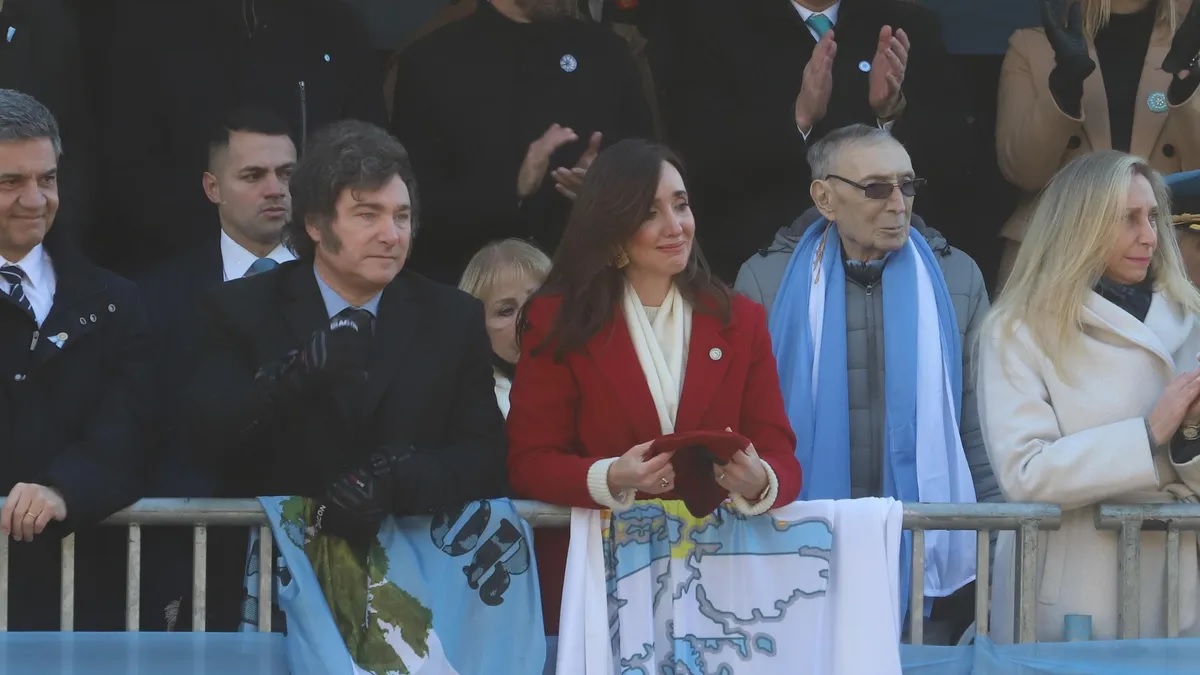
The reality of the Government beyond the polls. What the internal elections say and the strengthening of the SIDE. Editorial of “El Círculo Rojo”, a program of La Izquierda Diario that is broadcast every Thursday from 10 pm to 12 am on Radio Con Vos 89.9.
Politics / Mauricio Macri / Posadas Hospital / Class struggle / Sutna / Javier Milei / Pablo Gerchunoff / Victoria Villarruel
Source: www.laizquierdadiario.com

